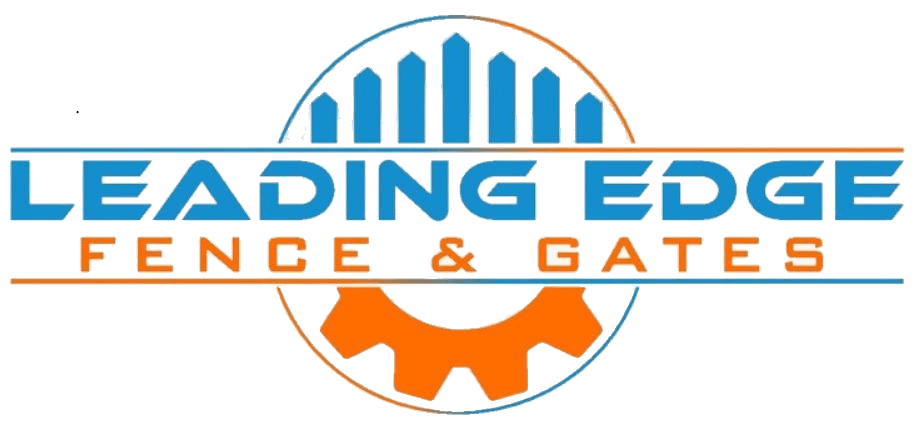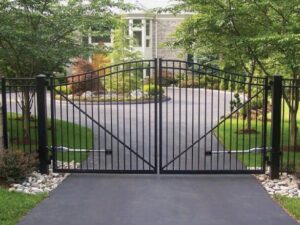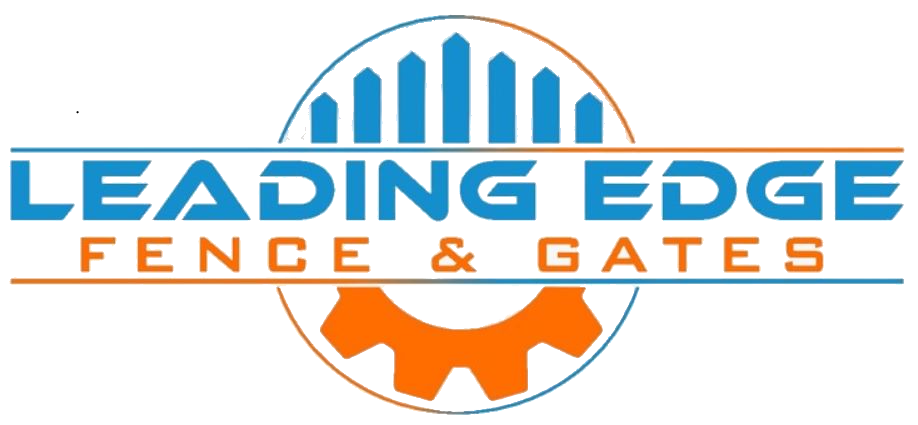Gate access control refers to a security system that controls access to a property through a gate. The system may use various methods to authenticate and authorize access. The primary purpose of a residential gate access control is to enhance security, convenience, and privacy by restricting access to a property and allowing only authorized individuals to enter. Gate access control systems can be either wired or wireless and may include additional features such as intercom systems, video cameras, and automatic safety features. Leading Edge Fence and Gates has been Delaware’s go-to choice for industry-leading access control systems for nearly 30 years. These systems are commonly used in residential, commercial, and industrial settings. Gate access control systems can be used by a variety of individuals and entities, depending on their specific security needs.
In a residential setting, gate access control systems are typically used by homeowners who want to control who can enter their property through a gate. These systems may include features such as keypads, card readers, or remote controls, allowing the homeowner to control access to their property without having to be physically present at the gate. This provides an added layer of security and privacy for the homeowners, allowing only authorized individuals to enter.
How do residential gate access control systems work?
Residential gate access control systems work by allowing only authorized individuals to enter a property through a gate. When someone approaches the gate, they must first identify themselves to the system. Depending on the type of system, they may need to enter a code into a keypad, present a keycard or fob to a card reader, or use a remote control to activate the gate. The system then verifies the authentication and either open the gate or denies access.
Some gate access control systems may also include additional security features, such as intercom systems. In other cases, gate access control systems may also be integrated with other security systems, such as video surveillance or alarms. This allows homeowners or security personnel to monitor the area around the gate and detect any suspicious activity.
Which types of security gate systems for residential properties are best?
When it comes to choosing the best security gate systems for residential properties, there are several options to consider. Here are the top 4 gate access control systems for residential properties:
Keypad Entry Systems: These require a user to enter a code on a keypad to gain access through the gate. This system is ideal for residential properties that require occasional access by guests, service providers, or delivery personnel. The code can be changed as needed for added security.
Card Reader Systems: Users have to either swipe a card or key fob to gain access through the gate. These systems are popular because they can be easily customized to grant access to different individuals or groups, and the cards can be quickly deactivated if lost or stolen.
Remote Control Systems: With this gate system, users can open the gate from the convenience of their vehicle. These systems are ideal for residential properties that see frequent vehicle traffic, such as homes with multiple family members or frequent visitors.
Biometric Systems: Advanced technology is used, such as fingerprint or facial recognition, for the verification of a user’s identity attempting to gain access through the gate. These systems provide an extremely high level of security but can be more expensive than other options.
Ultimately, the best security gate system for a residential property depends on the specific needs of the homeowner. Factors to consider may include the level of security required, the frequency of use, and the convenience of the system. Homeowners should be cautious and always work with a trusted security provider.
Wired or wireless gate entry systems: which one is better for residential property?
The decision to use either wired or wireless gate access control systems for a residential property depends on various factors, including the distance between the gate and control panel, the desired level of security, and the availability of power and network connectivity.
Wired gate entry systems require a physical connection between the gate and the control panel, which may make installation more complex and time-consuming. However, once the system is installed, it can provide a more reliable and stable connection than wireless systems. Additionally, wired systems are typically more secure than wireless systems, as they are less susceptible to hacking or interference from other wireless signals. Therefore, if security is a top priority, a wired system may be the better choice.
Whereas wireless gate entry systems use radio signals to communicate between the gate and the control panel. These systems can be easier to install as they do not require a physical connection between the gate and the control panel. They can also be more convenient, as they allow users to open the gate from a mobile device remotely. However, wireless systems can be more vulnerable to interference from other wireless signals, which may compromise their reliability and security.
Overall, both wired and wireless gate entry systems have their own advantages and disadvantages, and the decision to use one over the other ultimately depends on the specific needs of the homeowner. A trusted security provider can help determine which system is the best fit for a residential property based on its unique circumstances.
If you are interested in installing a gate access control system on your property, call Leading Edge Fence & Gates of Newark, DE, at (302) 892-2575 or find us online at https://leadingedgeaccess.com.







